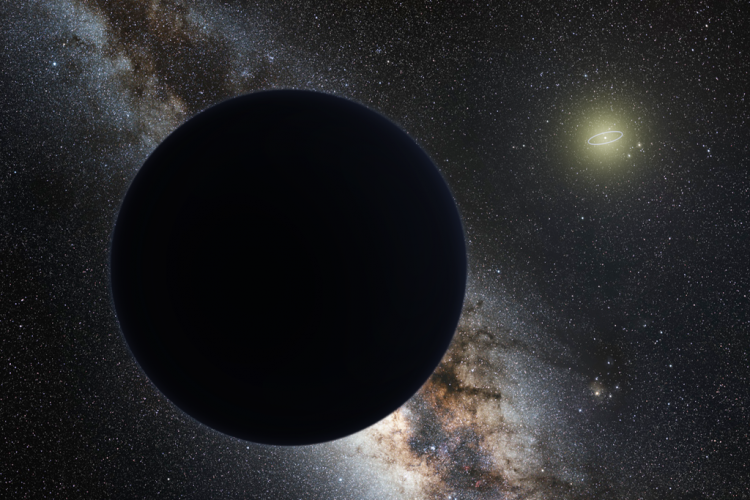The purported gravitational influence of "Planet 9" on nearby objects was the source of the first theories about it. However, there was no evidence of the planet's existence. According to new research, however, the solar system's "ninth planet" is closer and more observable than previously imagined.
Nobody expected a replacement for Pluto to materialize in 15 years after it was demoted from planethood and declared a dwarf planet in August 2006. However, preliminary evidence of a ninth planet in our solar system has been uncovered, according to astronomers.
Mike Brown and Konstantin Batygin of the California Institute of Technology conducted the latest study. It's been accepted for publication in the Astronomical Journal.
Brown suggested in an interview with National Geographic that Planet 9 is only a few years away from being identified.
Michael Brown led the effort that controversially demoted Pluto from the ninth planet to one of our solar system's many dwarf planets in 2006.
Previously, it was anticipated that Planet 9 takes 18,500 years to complete a single orbit around the Sun. The new discovery reduces the estimate to 7,400 years, implying that it is significantly closer to the Sun and Earth than previously thought.
Based on gravitational calculations, the scientists discovered that the mysterious planet may be six times larger than Earth - however, it's unclear if the planet is rocky like ours or a combination of heavy dense gases like Neptune.
If the planet is real, it will alter our concept of the solar system by reverting the number of planets to nine, but without Pluto. Neptune was the last planet to be added to our solar system's roster in 1846, when it was discovered as a result of Uranus' gravitational pull.
The closer orbit would make Planet 9 brighter and easier to observe, according to Brown, though their recalculations indicate it's also a little smaller - approximately six times the mass of Earth, rather than up to 20 times as big.
"By virtue of being closer, even if it's a little less massive, it's a good bit brighter than we originally anticipated," Brown said.
"So I'm excited that this is going to help us find it much more quickly."






